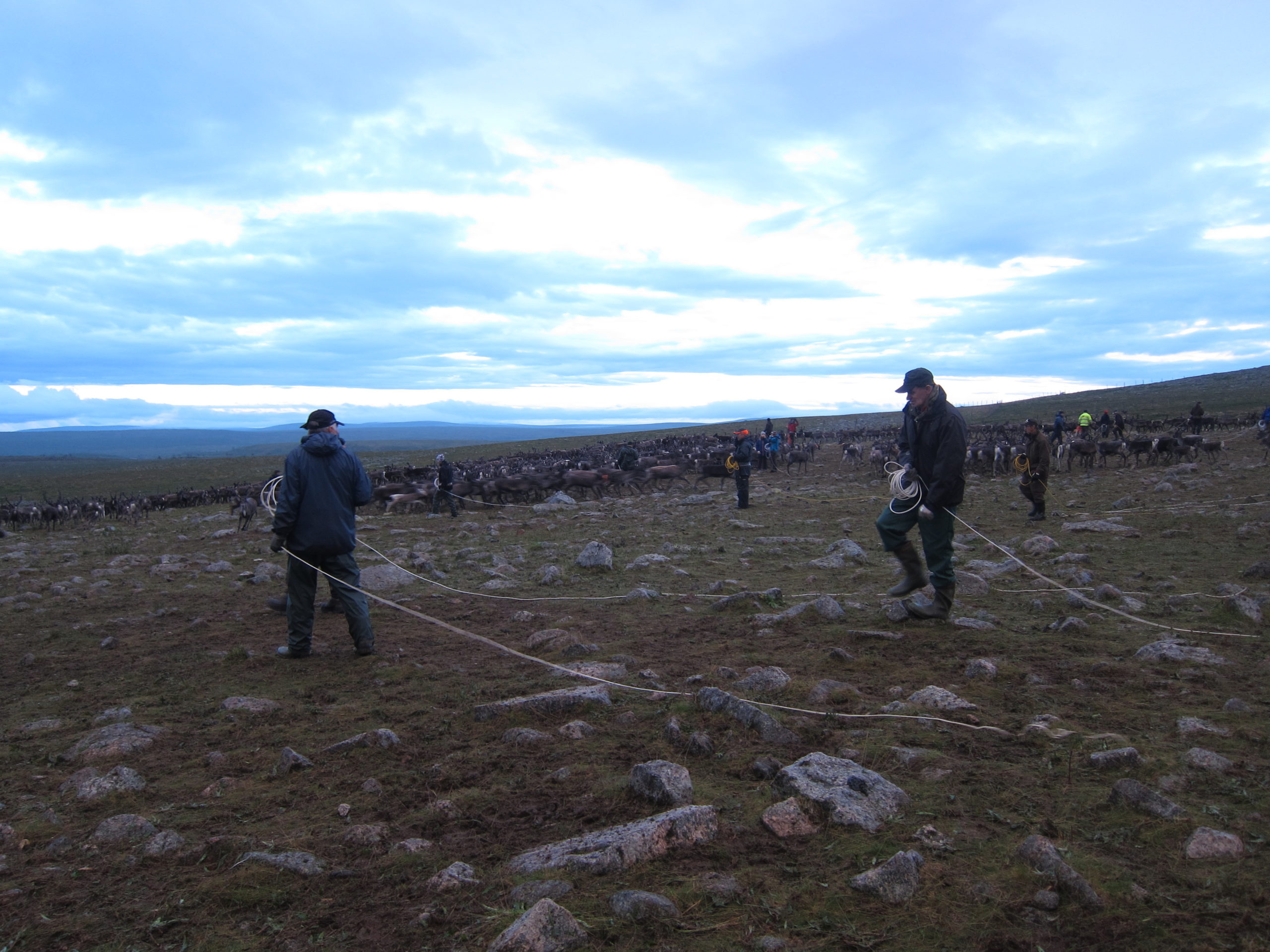UN criticizes Sweden for failing to consult Sámi on mining permit
The Swedish government says it is reviewing the report.

Sámi opponents of a mining project they fear will make it impossible to graze reindeer on traditional lands are calling on that country’s government to withdraw its permission to establish three open-pit mines after a UN committee announced on Monday that the approval process had violated herders’ right to self-determination.
The decision is a ruling from the Committee on the Elimination of Racial Discrimination’s on a 2013 complaint lodged by Vapsten Sameby, a reindeer herders’ association, and Sámiráđđi, an NGO that promotes Sámi rights in Norway, Sweden, Finland and Russia, in effort to prevent establishment of the Rönnbäck nickel mine.
“The committee has put forward clear arguments as to why the nickel-mining project in Rönnbäck is not permissible. It has come to the only reasonable conclusion: that not taking Sámi rights into account is discriminatory,” Marie Persson Njajta, a spokesperson for one of the groups opposing the mine, said.
[Sweden moves to update Sámi reindeer laws in the wake of a landmark land-rights decision]
In its decision, the committee said it agreed with the herders that they should have been consulted ahead of time, since the mines’ operations could be expected to pose a threat to their livelihoods, and the situation “placed enormous psychological pressure” on members of the association.
Swedish authorities have identified reindeer herding and mining as activities that are of “national interest,” but, in the case of the Rönnbäck, it argued that mining and the 500 jobs the project will create, should take precedence.
The committee made it clear that its point was not to decide whether reindeer herding should be given priority over mining — and, indeed, it agreed with the Swedish argument that mining was a “legitimate public interest.” However, it said this fact did not free the authorities of their “obligation not to discriminate against an indigenous community which depends on the same land” that the mines would occupy.
[Nuuk withdraws a human rights complaint to the UN]
Taking the land away, it said, would mean the herders would no longer be able to pursue their traditional livelihood, and that they would need to be forcibly relocated from their traditional territory.
“In both national and international law, Vapsten has established a property right to the land area in dispute, through traditional use,” the decision stated.
In addition to recommending that the permitting process be undertaken again — this time after consulting with affected herders — the committee recommended that Sweden revise its mining laws so that its legislation reflected the status of the Sámi as indigenous people with rights to land and resources, and to guarantee their “free, prior and informed consent” to projects that would affect them.
[Swedish Sámi assembly receives funding to document history of racism]
Describing the decision as “truly historic,” Vapsten Samebyen and Sámiráđđi said it reiterated that Swedish authorities were required to address the impact of projects on herders before a project before it could issue a permit.
“The state can longer resort to telling Sámi communities and firms to find ‘consensus solutions,’” the two groups said in a statement.
The committee called on Swedish authorities to “give wide publicity” to the decision.
A statement from the Swedish government said the country was committed to stopping all forms of discrimination and that the report is currently being reviewed.